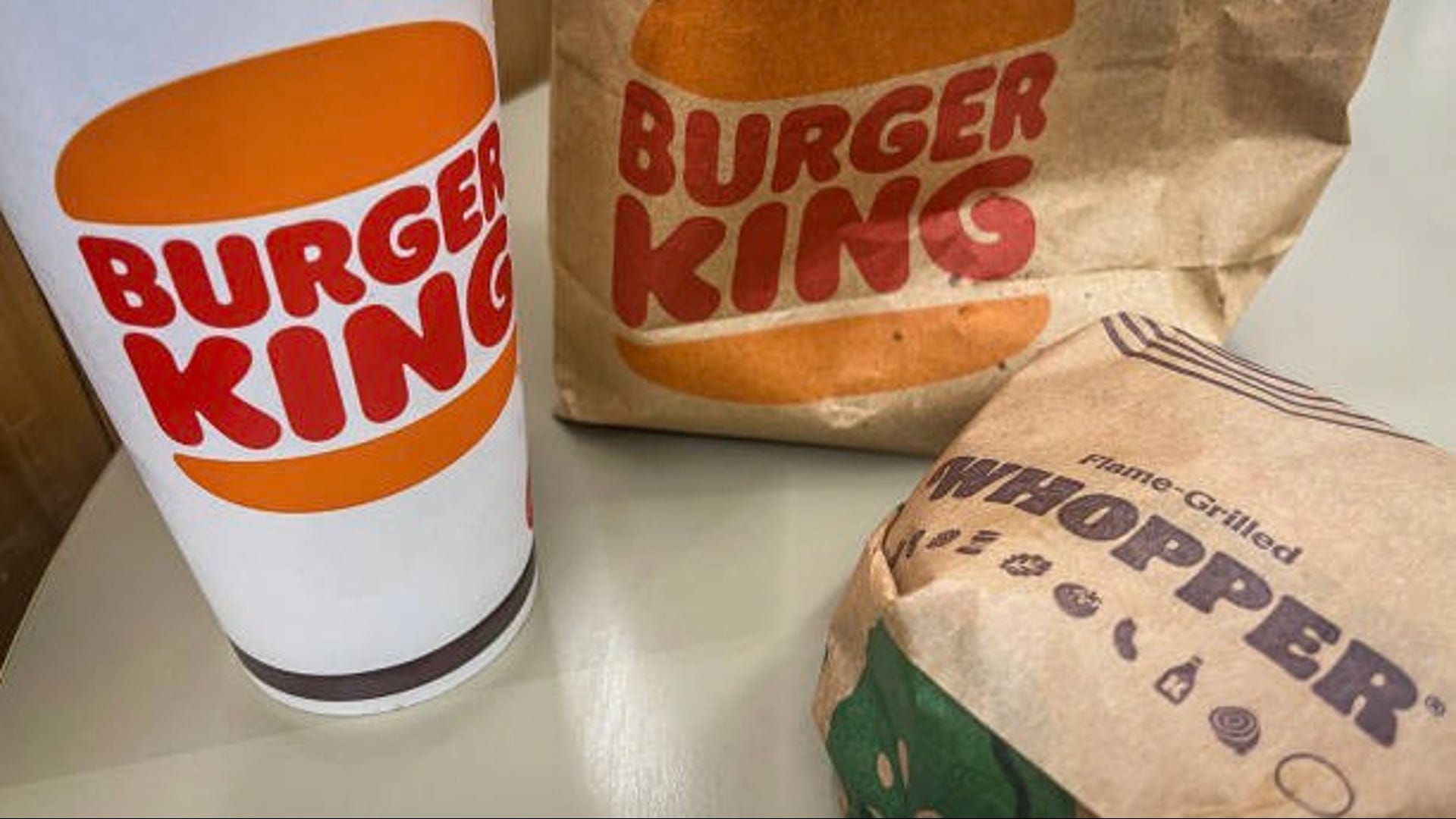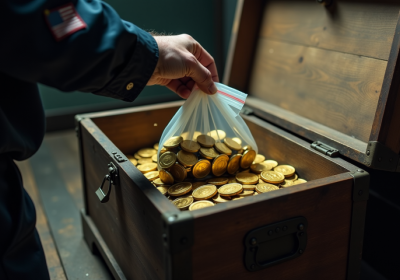
Burger King sued for fraud over Whopper ads
Burger King is heading to federal court over allegations that it falsely advertised the size of its iconic Whopper sandwich.
unbranded – Newsworthy
- Alcides Roman, 66, defrauded several individuals out of nearly $2 million in a COVID-19 PPE investment scheme.
- Roman promised investors monthly returns of 25-30% on investments in PPE and masks.
- One Kansas victim lost over $870,000, while other victims resided in New York, Texas and Canada.
- Roman used the funds for personal expenses, cars and land purchases, and transfers to various companies.
- He was sentenced to 71 months in prison and ordered to pay restitution to his victims.
A Kansas woman thought she invested in personal protective equipment and masks when COVID spread across the United States. She was actually sending money to a scammer, according to court documents.
Alcides Roman, a 66-year-old Tennessee man, defrauded Kansans, New Yorkers, Texans and Canadians in a wire fraud scheme, according to the U.S. Attorney’s Office for the District of Kansas.
Roman solicited at least $1.9 million from his victims, on the pretense he would invest in personal protective equipment and masks at the height of COVID-19, only to enrich himself. The U.S. Attorney’s Office said he paid personal living expenses, bought cars and land, and sent money to different foreign and domestic companies.
Scheme relied on WhatsApp communications
Roman contacted victims through WhatsApp, a messaging application, and doing business as a company called Remain in Control. His victim in Kansas, identified by the initials S.G., was told the investors would receive a payout every month from the program totalling 25%-30% of the investment on a monthly basis.
S.G. wired $300,000 to an account Roman controlled, and in a month, they received a return of $56,700. Roman said he could provide larger returns for an investment of $1 million.
S.G. and her husband emptied their 401K accounts to provide Roman with an additional $646,000. They again received returns totaling $56,700 over the next two months.
All of the returns provided to S.G. were from their own investment.
S.G. sent over $1 million and received about $175,000 back in returns, with a total loss of $871,100, according to Roman’s plea deal.
Court documents say Roman defrauded another two New Yorkers, one Texan and one Canadian with the same scheme, but S.G. lost more than the others.
The total loss among all victims was $1,977,857.88.
Roman was convicted of one count wire fraud, but the other seven wire fraud counts were dropped, as were charges of money laundering.
Roman was sentenced to 71 months in prison, a three-year term of supervised release and restitution to the victims for their losses.









No Comment! Be the first one.